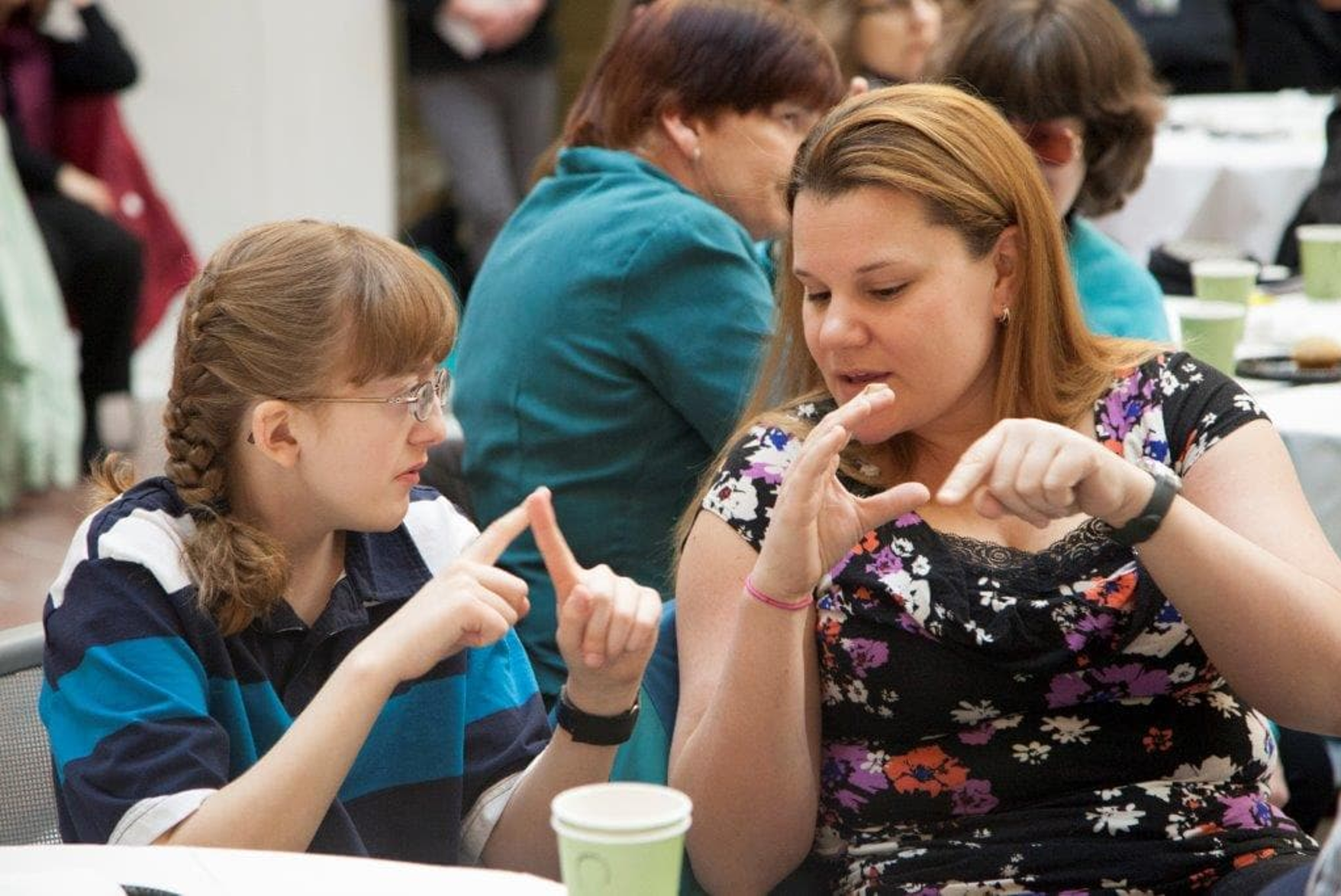Reading comprehension in hearing-impaired and deaf young people
Context
In the support and therapy (speech therapy) of hearing-impaired young people with hearing loss, there is virtually no evidence of what effective support looks like. Especially in the area of reading comprehension (Particularly with regard to understanding grammatically challenging sentence constructions), young people are repeatedly confronted with difficulties. There is a lack of studies and a great need for research; as a result, therapists have to work according to the "try and error" principle and effective support is increasingly becoming a lucky "chance hit".
About the project
We hope to use imaging techniques (encephalography, or EEG for short) to gain neuronal insights into the processing of stimuli that target the grammatical aspects of reading comprehension; we are interested in whether differences can be identified between young people with hearing loss and their hearing peers. If new insights can be gained, this will increase the chances of developing support and therapy materials based on these findings and thus providing more effective support in teaching and speech therapy.
The first step is to obtain individual information from the young people about their medical history (for example: Cochlear implant (CI) available? If yes, when did the fitting take place? How consistently is it worn/used?) In addition, we test reading fluency (this can take place on site at the respective schools). In the second step, the neuronal activities of the test subjects - as well as the control group - are tested. We are planning an examination via EEG, which will probably take place in our laboratory facilities at UZH. The reading tests are planned for the period directly after the summer vacation, the EEG examinations probably in autumn 2024.
Invovlement of citizen scientists
Young people aged 13 and over who have been living in German-speaking countries for some time and have a good command of the German language were invited to take part in the study. It was important that the presence of dyslexia could be ruled out. Adolescents with severe or total hearing loss were sought for the target group, while people of the same age with normal hearing were sought for the control group.










